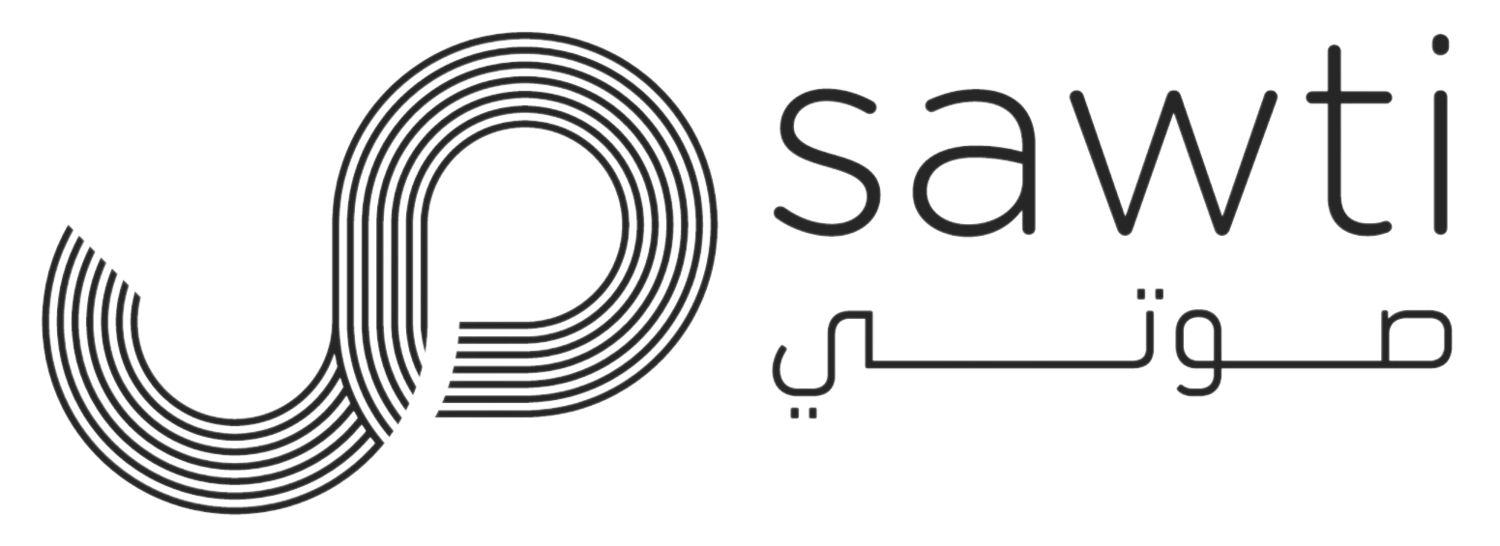Views on a Transitional Government
Taqaddom
Sawti sent the same questions to each alternative party to better understand their current views on a transitional government.
The responses here were provided by Taqaddom, and represent their views.
1. Is your party in favor of a transitional government with extraordinary powers? Why or why not?
No, we are NOT for a transitional government and we believe that this concept has infected [shifted the focus of] the “thawra” towards an unachievable goal that assumes that the regime would actually hand over power (some [groups within the “thawra”] have even gone as far as offering guarantees).
We believe in a government that is to be formed after the elections based on a parliamentary balance of power and we prefer that it be composed of independent and expert specialists who have no popular political agendas and do not represent political powers either from the regime or the opposition. They are mostly needed in order to make the unpopular and tough decisions to return social and economic stability
We are not for [granting the Government] extraordinary powers because our core battle is to reinstate respect for the constitutional prerogatives of each institution and to a full reinstatement of the separation of powers.
2. How can we get there?
We can get there by forming an opposition [front] that can win over the majority of the opposition to the regime. Whether they form a government of the regime or twenty of them, they eventually have to get to parliamentary election and we need to be ready for that. We need a powerful opposition that can confront the regime. The opposition can and should be able to win various battles and confrontations with the regime in syndicates, universities, and municipalities, etc. and propose alternative policies and projects on critical issues to save Lebanon.
We need to push for elections to take place as soon as possible or at most by [the scheduled date], May 2022 to liberate parliament from the monopoly of the regime, elect a new president (even if in waiting), form a government of independent non-partisan experts to implement the needed executive plans. vote on any necessary reformist laws in parliament - mainly on the budget, judicial independence, banking sector restructuring, etc.
After the new president takes over, another government should be formed with the same specifications of non-partisan and expert profiles.
3. Practically speaking, what are such a government's immediate priorities?
The top priority is stabilizing the economy and the currency and avoiding social unrest. This includes capital control, safety nets for populations at risk, salvation budget, IMF package, national employment strategy, private sector incentive plan, and investment in infrastructure.
The second priority is regaining trust in the state and its institutions through an independent judiciary law, an international investigation into the August 4th Beirut blast, support for judicial proceedings, ending the covid pandemic in Lebanon, drawing the maritime border with Israel, an audit of all central bank and ministries and banks, crack down on all illegal weapons in Lebanon especially those held by non-Lebanese, applying a civil status law, national census, and a diaspora engagement policy.
The third priority is achieving neutrality from regional conflicts through control of borders, withdrawal of Hezbollah from Syria, reigniting Lebanon’s relations with Arab countries and regional powers as an official state, confirming Lebanon’s commitment to international resolutions, drawing the borders with Syria, and ending the situation of the Shebaa farms.
4. How long would a transitional government last? What comes after it?
The first government should last from May 2022 till November 2022 and the second from December 2022 until Lebanon regains stability.

